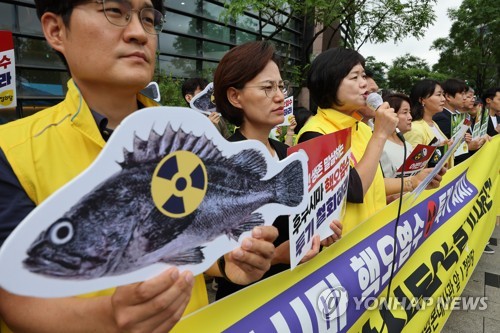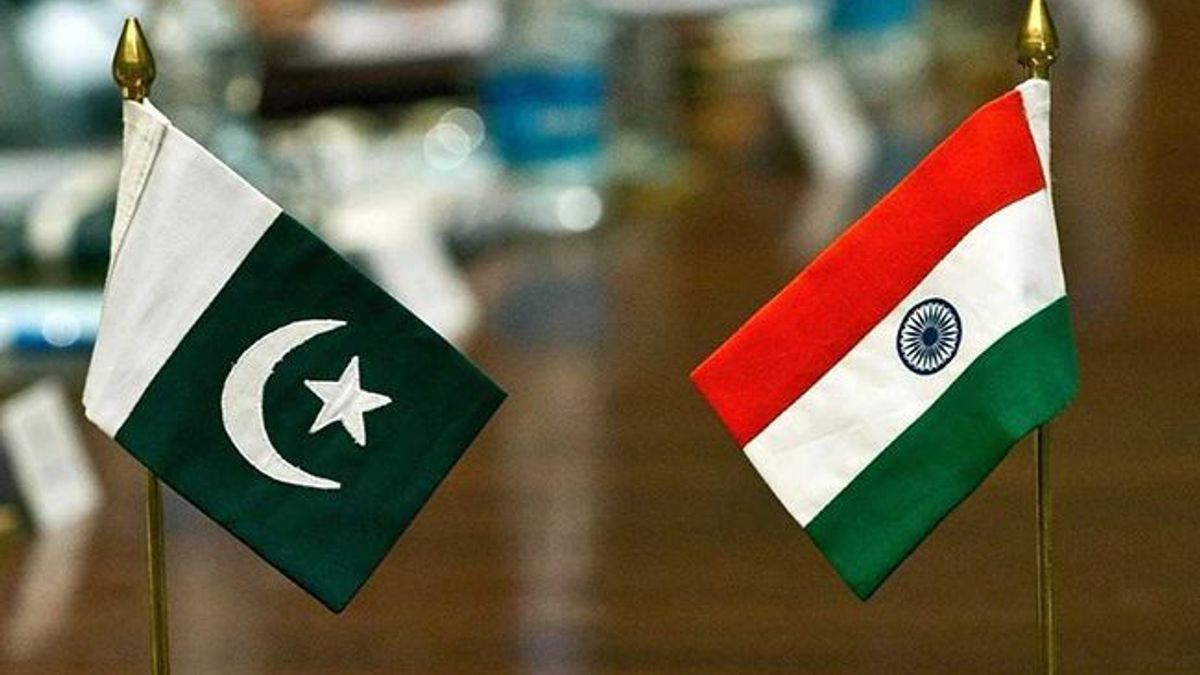China bans all Japanese seafood following the dumping of Fukushima radioactive water into the ocean
In reaction to Tokyo’s decision to start discharging cleaned radioactive wastewater from the Fukushima nuclear plant, China stated on Thursday that it would prohibit all seafood from Japan, sharply intensifying an already tense dispute between the two countries. The release is a part of an undesirable approach that has drawn intense opposition from many customers as well as several regional countries, with Beijing taking the lead in this criticism.
Red sea bream, scallops, and mackerel are among the seafood exports from Japan to China, according to the Japanese Ministry of Agriculture, Forestry, and Fisheries. China is also Japan’s biggest fish importer, taking in fish worth 71.7 billion yen ($493.4 million) and crustaceans and mollusks including crabs and scallops totaling 53.56 billion yen in 2022.
As reported by media sources citing the state-owned electrical company TEPCO, the discharge of the treated water was anticipated to begin after 1 p.m. Tokyo time. According to a translation provided by Google, the purpose of this was to “completely prevent the risk of radioactive contamination of food safety, protect the health of Chinese consumers, and ensure the safety of imported food.”
The International Atomic Energy Agency announced on Thursday that it will send a team to observe the discharge and evaluate Japan’s complying to all pertinent global safety norms.
The IAEA will remain on the scene “for as long as the treated water is released, in line with Director General Grossi’s commitment for the IAEA to engage with Japan in compliance with Director General Grossi’s pledge that the IAEA will communicate with Japan on the release of ALPS treated water before, during, and after the discharges take place.
The Advanced Liquid Processing System (ALPS) at Fukushima is what is referred as because it filters out radioactive substances from wastewater before it is released.
A representative for the Japanese Embassy in London stated that the water to be discharged is “sufficiently purified through ALPS until the concentration of radioactive materials other than tritium is below the regulatory standard, and then is further diluted before it is discharged.” Tritium is the only radioactive element that cannot be easily removed from water.
The water released from the Fukushima plant is safe, according to Tony Hooker, head of the Center for Radiation Research, Education, and Innovation at the University of Adelaide. According to the World Health Organization drinking water criteria, it is unquestionably below average, he added. It is safe. Radiation disposal into the water is “a very political issue,” he added. The expert stated, “the people fears because we as scientists have not very properly described it, and we need to conduct more education.
The long-term effects of the low-dose radioactivity that persists in the water, according to some scientists, require further study.
Japanese Prime Minister Fumio Kishida announced on Tuesday that the nation intends to release nearly 1.3 million metric tons of treated wastewater from Fukushima, which is enough to fill about 500 Olympic-sized swimming pools. On Japan’s east coast, a nuclear power plant was devastated by a significant earthquake and tsunami in March 2011.
The primary operator said, “Seawater Pump A activated,” indicating that the release was under progress. At 1:03 PM, three minutes after the conclusion of the previous phase. local time (12:03 a.m. EDT), TEPCO later confirmed that the seawater pump was turned on. Twenty minutes after the first wastewater release pump was turned on, according to TEPCO. According to plant authorities, everything has been going well so far.
North Korea also objected to the action. Japan’s foreign ministry declared in a statement released by the official Korean Central News Agency that it “must immediately stop the dangerous discharge of nuclear contaminated water that seriously threatens the security and future of mankind.”
The plan is opposed by Japanese fishing organizations because they think it will further damage the reputation of seafood from their own country. Concerns have also been expressed by groups in China and South Korea, turning it into a political and diplomatic problem.
Three reactors melted because the cooling systems of the plant were destroyed by the tsunami and earthquake in March 2011. The highly toxic cooling water used to cool the damaged reactors has been leaking continually into basements of buildings and mixing with groundwater.
Due to the contaminated wastewater production at the facility, TEPCO aims to release 31,200 tons of the treated water by the end of March 2024; however, the pace will increase up thereafter.





Your knowledge and expertise on various topics never ceases to amaze me I always learn something new with each post
Sportsurge Nice post. I learn something totally new and challenging on websites